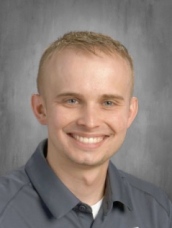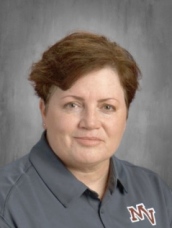Buchenwald
Mr. Stafford was one of the assistant principals at Mountain View high school. It’s good knowing more about our staff who work hard at our school. Mr. Stafford grew up in Germany but traveled all over the world. He’s been to so many museums and different sights and described it as a positive experience. He loves art and seeing the greatness within people all over the globe. Something that caught his eye just over the hill was a concentration camp, Buchenwald. Buchenwald was a German Nazi concentration camp near Weimar, Germany, in July 1937. Concentration camps are a serious topic, but it’s always good to know more about the history of a travesty that happened almost 80 years ago.
Concentration camps were different from museums because it’s not something positive. Despite that, they’re still something important in history. When Mr. Stafford finally went to one, the feeling he described it as when he walked through the gates was “indescribable.” He says, “It was one of the most intentionally destructive harmful creations of man that I was visiting.”
When you first walk in, there’s a gate that keeps things separated from the outside world and the concentration camp. There’s a sign with a sentence in German that translates to, “Everyone gets what belongs to them or comes to them.” The meaning behind this is saying what you deserve. Horrifying as it is, the concentration camp system of Buchenwald is a product of Nazi ideology. The ideology of why stuff like the Nazi party or white supremacists may be that people who look different get what they have coming to them. The problem with this is that people treat others inhumanly, and it’s not just in Germany; it’s all over the world.
Mr. Stafford brought his son on his second visit over there in order to have a better perception about himself and his ancestry. He believed it’s a part of being a well-rounded, well-informed person that people see the harm, the harsh, and the hurt. He recommends that everybody who gets a chance do historical research and see concentration camps when an opportunity pops up. People deny the Holocaust but a person’s witness, understanding, and how people can talk about it changes. Instead of learning it through books, it’s good to see what’s part of our history in person.




